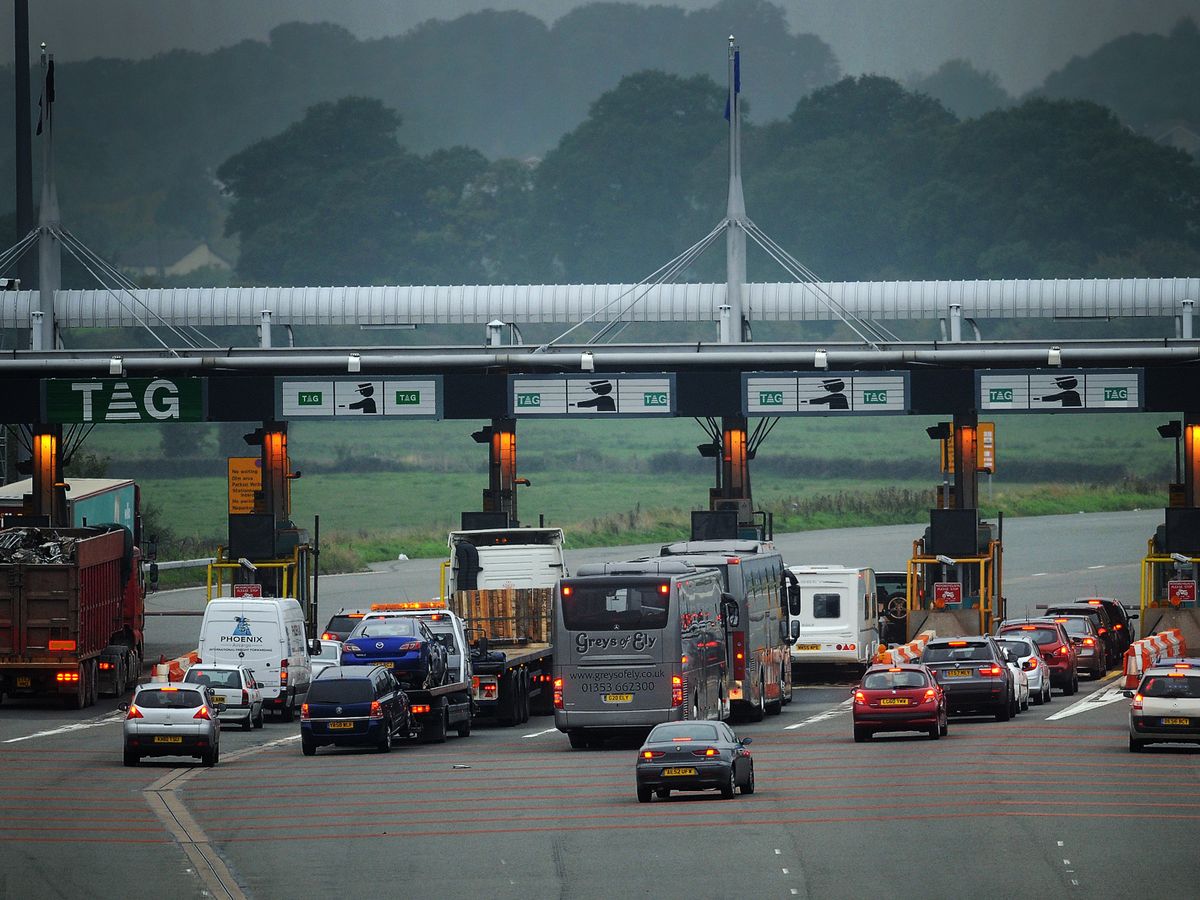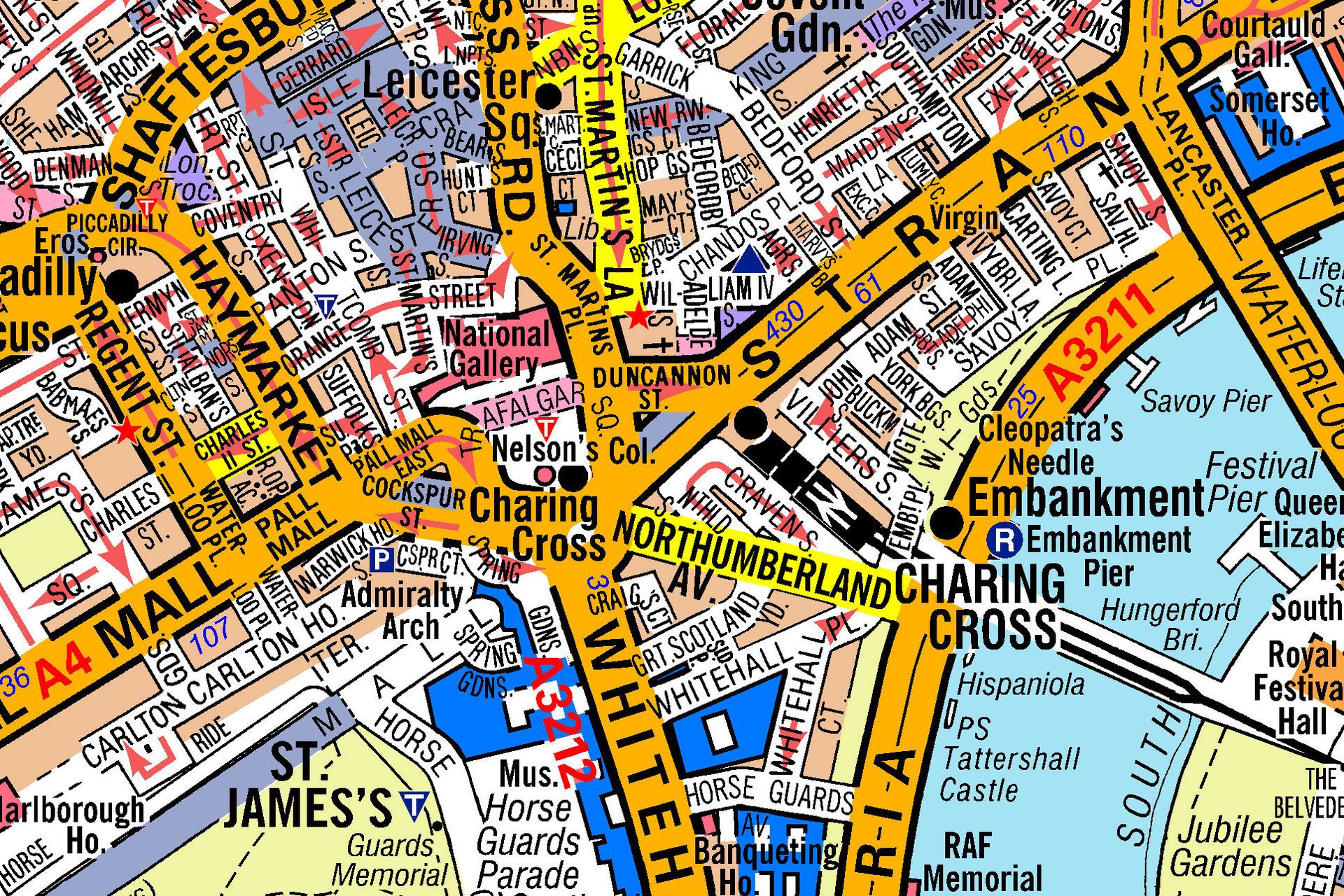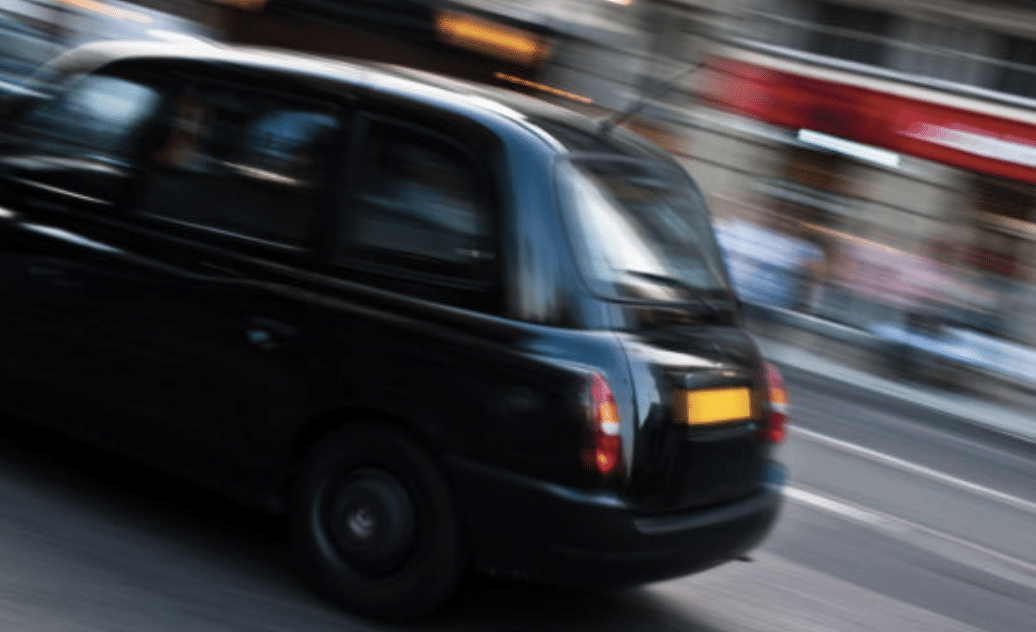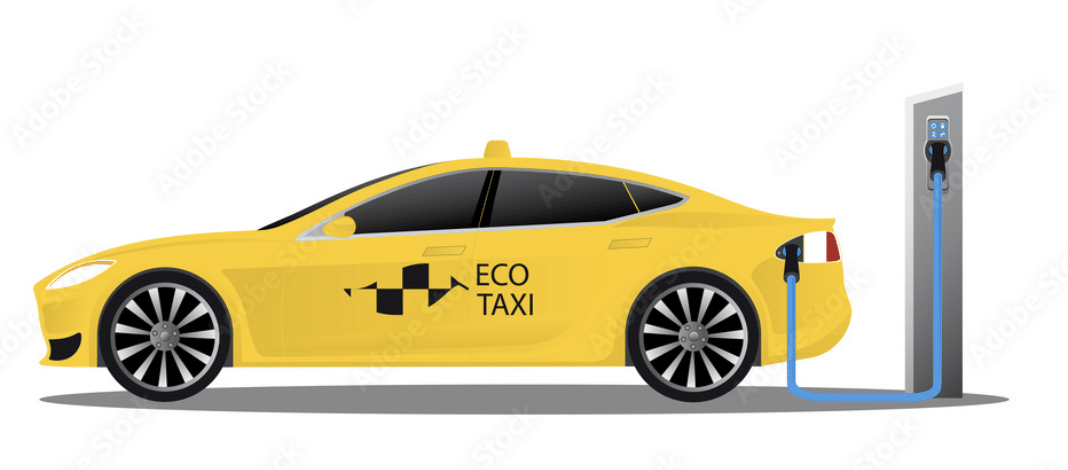We all love to hit the road and enjoy the sights and countryside, but what about travelling on roads with UK tolls?
These tolls are charges that are levied for using some roads, bridges and tunnels, with the money collected at specific points, and they vary depending on the vehicle being used.
Fixed tolls are typically charged per journey, while variable tolls are based on the distance travelled.
If you frequently travel around the UK, you’ve probably come across one of the 23 toll roads or one of the 18 river crossing tolls.
And while having to pay a toll isn’t a motorist’s favourite pastime, it’s likely that you’ll encounter a toll road at some point.
It does help, however, that there is an up-to-date list of toll roads, bridges and tunnels published by the Government.
UK tolls: an overview
UK tolls are charges that are typically imposed to help fund infrastructure and maintenance costs and while some are collected electronically, others require drivers to pay with cash or via a prepaid card.
There are several different roads and bridges that are subject to tolls, including the M6 motorway, and the Dartford Crossing.
Tolls can vary depending on the time of day, the day of the week and the vehicle type.
If you are planning on driving in the UK, it is important to be aware of the tolls that may apply to your journey.
Where are the UK tolls?
According to the Government’s latest list of toll roads, bridges and tunnels, motorists can expect to pay to use:
Motorways
M6 – West Midlands
M25 – Dartford Crossing, Essex
Bridges and tunnels on A roads
A4 – Batheaston Bridge, Bath, Somerset
A15 – Humber Bridge, Hull
A19 – Tyne Tunnels, Wallsend, Tyne and Wear
A38 – Tamar Bridge, Plymouth, Devon
A41 – Mersey Tunnels-Queensway, Birkenhead, Liverpool
A57 – Dunham Bridge, Lincoln, Lincolnshire
A59 – Mersey Tunnels-Kingsway Wallasey, Liverpool
A533 – Mersey Gateway, Halton, Cheshire
A3025 – Itchen Bridge, Southampton, Hampshire
Bridges on minor roads
B471 – Whitchurch Bridge, Pangbourne, Berkshire
B3129 – Clifton Suspension Bridge, Bristol
B4350 – Whitney-On-Wye Bridge, Hereford
B4044 – Swinford Bridge, Oxfordshire
B5159 – Warburton Bridge, Greater Manchester
Aldwark Bridge, Boat Lane, Great Ouseburn, North Yorkshire
Kingsland Bridge – Shrewsbury, Shropshire
Cartford Bridge – Preston, Lancashire
What are the benefits of UK tolls?
While most motorists will be unhappy about having to pay for tolls because they pay road fund licence (also known as road tax), there are some good reasons why tolls are in place. They include:
- Tolls help to keep traffic flowing smoothly by preventing congestion
- They also help to raise funds for essential maintenance and improvements to roads and bridges.
But that’s not to say there are no disadvantages, such as:
- Tolls can be expensive, particularly for long journeys
- They can also be inconvenient, as drivers may need to plan their route in advance to avoid tolls
- Tolls can also cause delays, as drivers may need to queue to pay.
Paying UK tolls
When you know there is going to be a toll for the road or bridge you are using, you need to appreciate there is no set fee – each UK toll and bridge has its own pricing tariff.
This can vary depending on the type of vehicle you’re driving. For example, motorcycles usually pay a lower fee than vans or HGVs – and sometimes go free.
The time of day can also affect the price – it’s often cheaper to pass through a toll during night-time hours than during peak times.
To make sure you’re prepared, it’s best to consult each individual toll’s pricing chart before travelling. You can pay:
- Online, by phone or in person
- Some use a tag or transponder that is linked to a credit or debit card
- If you don’t have a tag or transponder, you can usually pay online or by phone within 24 hours.
Don’t fancy paying a toll? Then you need to be aware that:
- Failure to pay UK tolls can result in a fine of up to £100.
- Drivers who do not pay UK tolls may also have their vehicle clamped or seized.
How Much do UK Tolls Cost?
The cost of UK tolls varies depending on the road you’re using.
For example, the M6 Toll, which is also known as the Midlands Expressway, in the West Midlands charges £7.10 for cars during peak hours, and £4.60 for cars during off-peak hours.
The Dartford Crossing between Kent and Essex charges £2.50 for cars – and £2 for those drivers with an account.
However, the charges only apply between the hours of 6am and 10pm.
Also, if you’re using a UK toll road on a regular basis, you might want to consider getting a tag (a transponder that automatically records your journeys and pays the tolls for you) for those tolls that have them.
Tips for Avoiding UK Tolls
There are two ways to avoid paying toll charges on UK roads:
- Find a different route
- Use public transport.
In the case of the M6 Toll, the alternatives are either to use the regular M6 or the nearby A roads. However, as these are all liable to peak time congestion, so drivers facing having to pay the toll – or face regular traffic hold ups.
For other tolls, you will find that most satnavs have an option to avoid toll roads, so you can find another route easily.
This can mean taking a longer route, so before setting off you should think about whether you want to save time or save money.
What is the congestion charge?
While it is not a toll road, drivers also need to understand the congestion charge which is a set daily limit that drivers must pay when entering a specific area.
Paying the congestion charge allows you to drive in the zone as many times as you have to. Cameras read your vehicle’s number plate as you enter and exit the congestion zone and checks it against the database to see if you need to pay or not.
There are two cities in the UK with congestion charges – London and Durham.
In London, cars pay £15 per day for the use of the congestion zone. This charge is applicable between 7am and 10pm Monday to Friday, and 12 – 6pm on Saturdays and Sundays, plus bank holidays. There is no charge on Christmas Day.
In Durham, the charge is £2 per day and was first introduced in 2002. It applies to vehicles entering the city centre between 10am and 4pm, Monday to Saturday. There is no charge for Sundays or bank holidays.
Will we see more toll roads in the UK?
The issue of whether we will see more toll roads in the UK isn’t clear.
That’s because as electric cars become more popular, the UK government is concerned that it will lose out on revenue from fuel duty.
And a recent report from the Transport Select Committee has suggested that a ‘pay-as-you-go’ road-pricing scheme could be introduced to make up for this loss in income.
That would mean either creating tolls for busy motorways, or charging motorists for every mile they drive rather than pay road tax.
UK Tolls – FAQs
Q: How much do UK tolls cost?
A: UK tolls vary in price depending on the vehicle classification and time of day. There is no set fee structure.
Q: What are the benefits of UK tolls?
A: UK tolls help to keep traffic flowing smoothly by preventing congestion. They also help to raise funds for essential maintenance and improvements to roads and bridges.
Q: What are the disadvantages of UK tolls?
A: UK tolls can be expensive, particularly for long journeys. They can also be inconvenient, as drivers may need to plan their route in advance to avoid tolls. Tolls can also cause delays, as drivers may need to queue to pay.
Q: How can I pay UK tolls?
A: Tolls can be paid online, by phone or in person. Many electronic UK tolls can be paid using a tag or transponder, which is linked to a credit or debit card. Drivers without a tag or transponder can typically pay online or by phone within 24 hours.
Q: What happens if I don’t pay UK tolls?
A: Failure to pay UK tolls can result in a fine of up to £100 – or have their vehicle clamped or seized.
UK Tolls – why we need them
While there aren’t too many of them, UK tolls are important for funding part of the country’s infrastructure, and they vary depending on the road or bridge being used.
The best thing to do is to be prepared which means planning your route and being prepared for tolls – so either carry cash or sign up to pay online.
That way, you will avoid any expected charges.





